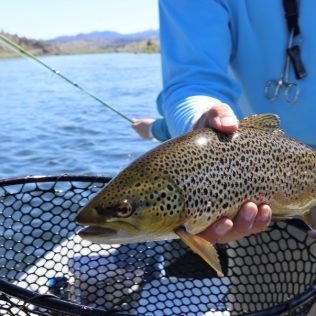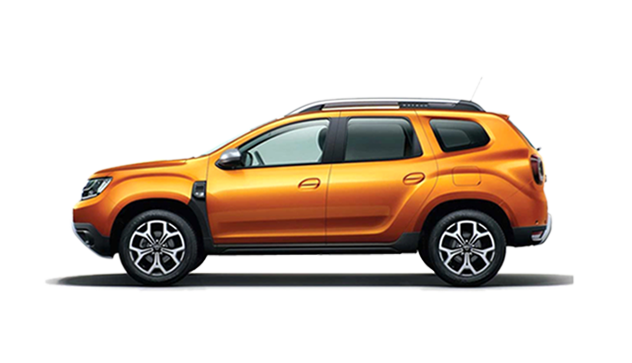Iceland is a paradise for fishing lovers, offering many freshwater and saltwater fishing spots in some of the most beautiful landscapes in the world. Whether you’re fishing in a calm lake or along the rocky coast, Iceland promises an unforgettable fishing adventure. Read on to find out why Iceland is a top fishing destination, the best fishing spots, and how Firefly Iceland Car Rental can make your fishing trip even better.
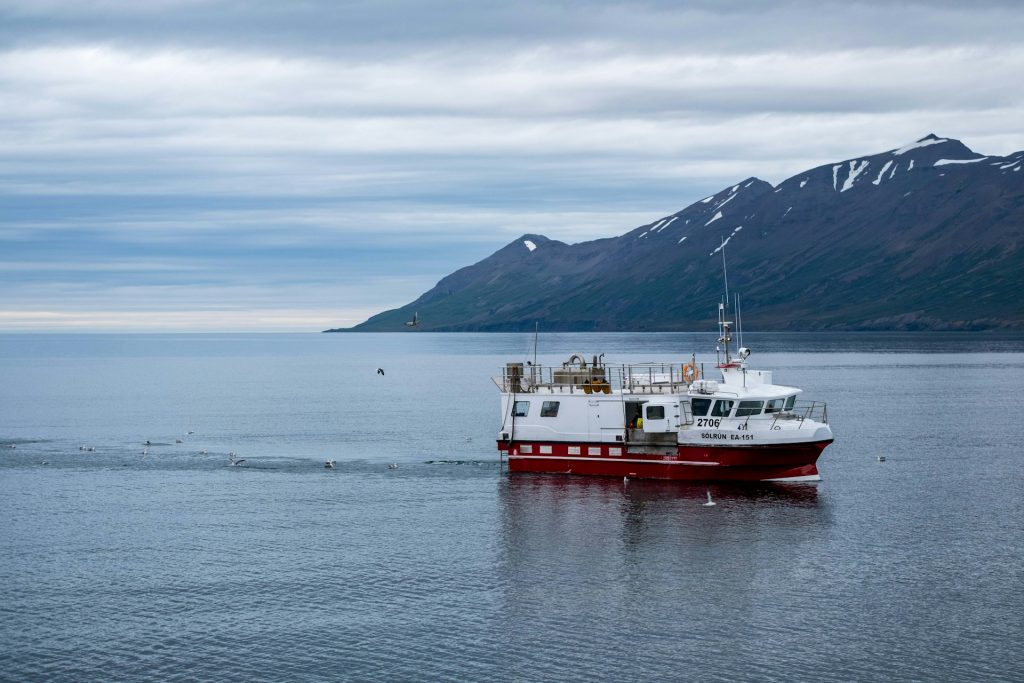
Why Iceland is a Prime Fishing Destination
Iceland’s fishing tradition is a big part of its history and culture. Located on the Mid-Atlantic Ridge, Iceland benefits from the mix of cold Arctic waters with the warmer Gulf Stream, creating a rich marine ecosystem. This unique environment supports many fish species, making Iceland one of the best fishing spots in the world.
Fishing has been crucial for Iceland’s economy and survival for centuries. It has shaped a society that values resilience, community, and a deep respect for nature. Today, fishing remains important to Iceland’s culture and economy, with sustainable practices ensuring fish populations stay healthy for future generations.
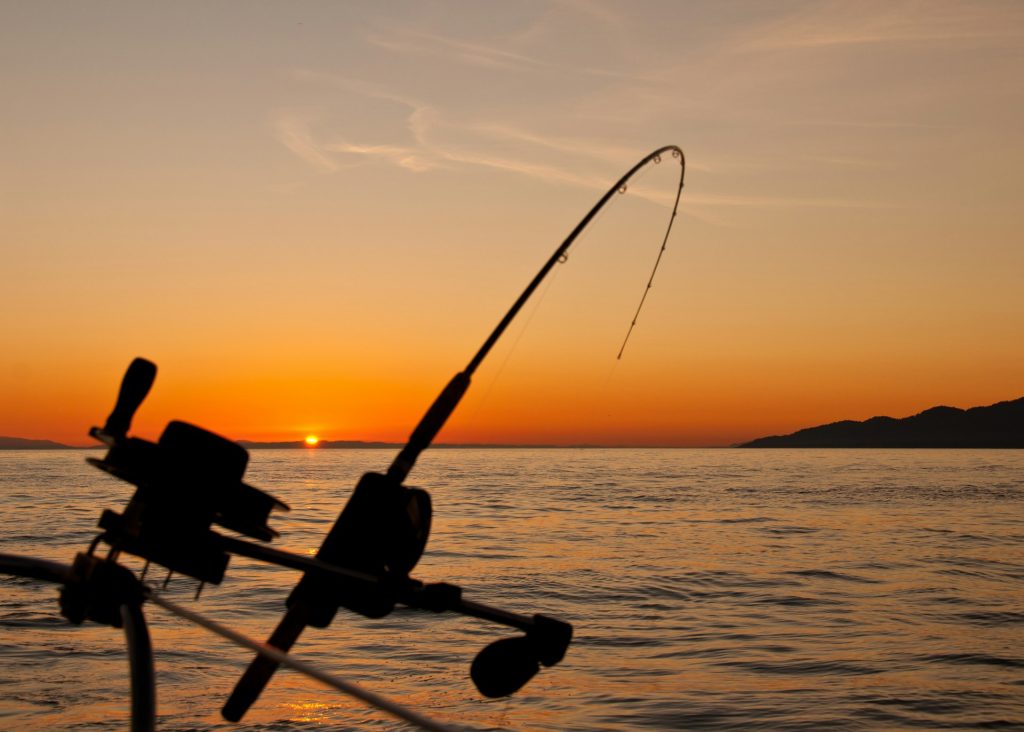
The History of Fishing in Iceland
Fishing has been central to Iceland’s economy and culture for centuries, starting from the early settlement of the island. The Norse settlers who arrived in the 9th century quickly saw the potential of the surrounding waters, rich with fish due to the merging of the Arctic and North Atlantic currents. These early settlers relied heavily on fishing for food and economic stability, creating a tradition that continues today.
In the Middle Ages, fishing became more important as Icelandic fish, especially dried cod, became a valuable export. The Hanseatic League, a powerful trading alliance in Northern Europe, helped trade Icelandic fish, connecting Iceland to larger European markets. This trade supported the Icelandic economy during tough times, like volcanic eruptions and harsh winters.
The 20th century brought big changes to Icelandic fishing with mechanized boats and advanced techniques. These innovations increased the efficiency and scale of fishing, making Iceland a leader in the global fishing industry. Exclusive fishing zones and sustainable practices have been crucial in keeping fish stocks and the environment healthy.
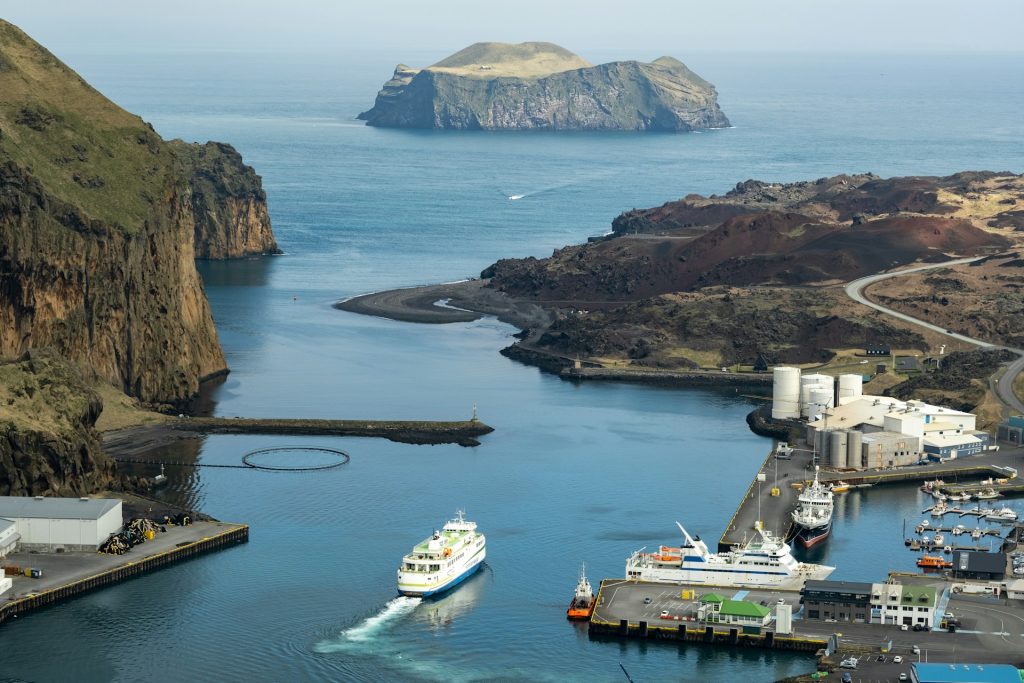
Icelandic Fishing Culture
Fishing is deeply part of Icelandic culture, influencing many aspects of life. This connection to the sea is seen in the country’s food, folklore, and daily life. Traditional Icelandic dishes often feature fish, with recipes passed down through generations. Common fish like cod, haddock, and Atlantic salmon are staples in Icelandic kitchens, prepared in various ways from dried and salted to fresh and smoked.
Icelandic folklore is full of tales of sea creatures and legendary fishing adventures, showing the sea’s importance in cultural stories. Stories of sea monsters and mysterious happenings at sea have been part of Icelandic oral traditions for centuries, adding a mystical element to the island’s fishing heritage.
Modern Iceland honors its fishing traditions while embracing sustainability and environmental care. The fishing industry is a main part of the Icelandic economy, providing jobs and supporting communities across the island. Iceland’s approach to fisheries management is considered one of the most advanced in the world, with strict quotas and regulations to ensure fish populations remain healthy.
Community events and festivals often celebrate the fishing heritage, bringing together locals and visitors to enjoy seafood delicacies and share in the rich history of Icelandic fishing. These events highlight the ongoing importance of fishing to Iceland’s identity and the efforts to preserve this vital resource.
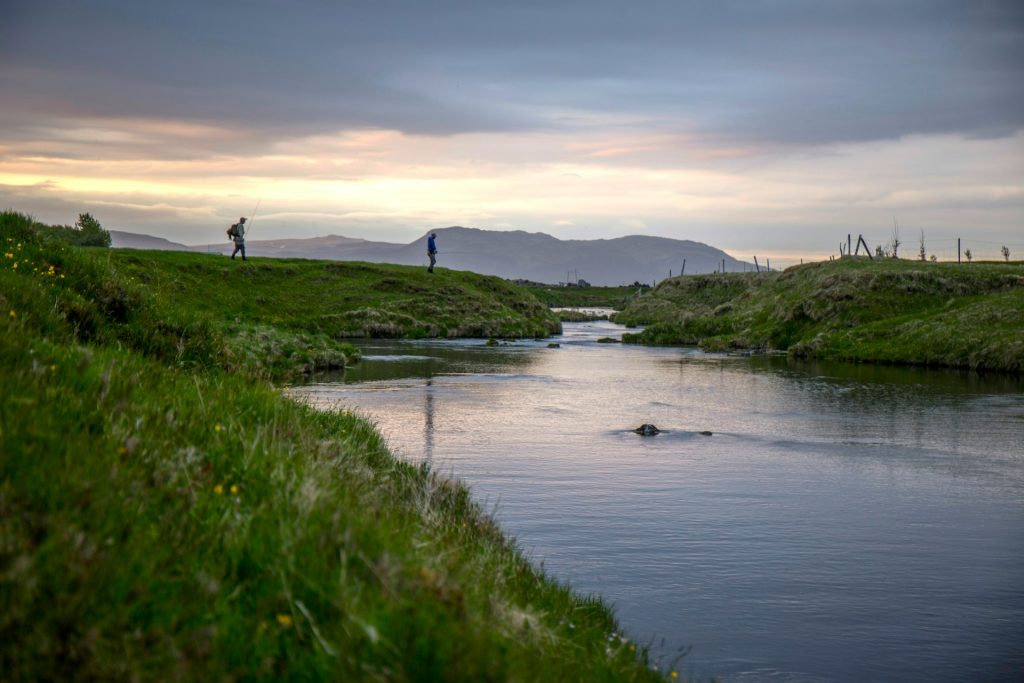
Types of fishing in Iceland
Iceland offers various fishing experiences, making it a top spot for anglers. Here’s a summary of the main types of fishing available:
- Freshwater Fishing: Freshwater fishing in Iceland is renowned for its diverse and unique species, set against stunning natural backdrops.
- Saltwater Fishing: he rich marine ecosystem around Iceland offers abundant opportunities for saltwater fishing.
- Ice Fishing: Despite its name, Iceland is not cold enough to support reliable ice fishing. The ice is generally not stable enough, even during winter
- River Fishing: Beyond salmon, many rivers in Iceland offer excellent fishing for trout and char. Rivers like the Varmá, Brúará, and Holaá are easily accessible and popular among local and visiting anglers
- Lake Fishing: With a fishing card, anglers can access over 35 lakes across Iceland, providing ample opportunities to catch trout and char in serene environments
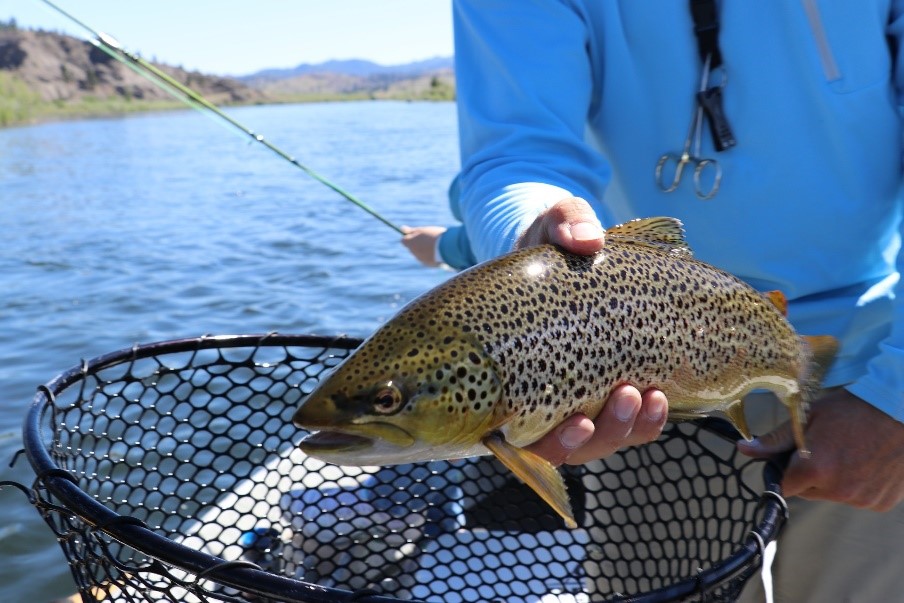
Freshwater Fishing
Iceland’s freshwater bodies are full of diverse fish species, each offering unique challenges and rewards for anglers. The clear rivers and lakes provide a perfect habitat for several notable fish species, making freshwater fishing in Iceland exciting and rewarding.
Freshwater species of fish
- Brown Trout: Iceland’s rivers and lakes are home to unique strains of brown trout, some of which grow to remarkable sizes. These trout offer world-class fly-fishing experiences and are often found in isolated bodies of water like Lake Þingvallavatn along the golden circle.
- Arctic Char: The most widespread freshwater fish in Iceland, Arctic char is prized for its delicious taste and can be found in many of Iceland’s cold, clear waters. They are known for their adaptability to various freshwater environments.
- Atlantic Salmon: The king of Icelandic rivers, Atlantic salmon draws anglers from all over the world. Salmon fishing is most productive from June to September, providing a thrilling challenge for fishing enthusiasts.
Popular Locations
Iceland’s diverse landscapes offer numerous spots for freshwater fishing. Each location provides a unique fishing experience, from the calm lakes near Reykjavik to the remote rivers winding through the highlands.
- Lake Þingvallavatn: This is Iceland’s largest natural lake, known for its massive brown trout. The lake’s isolation has allowed its fish populations to evolve uniquely over thousands of years
- Lake Mývatn: Located in a geothermal area, this lake offers excellent fly-fishing opportunities amidst stunning natural beauty. It’s a popular spot for both trout and char fishing
- Rivers like Fossá, Laugardalsá, Miðfjarðará, and West Rangá: These rivers are renowned for their salmon fishing. Each river has specific regulations to ensure sustainable fishing practices
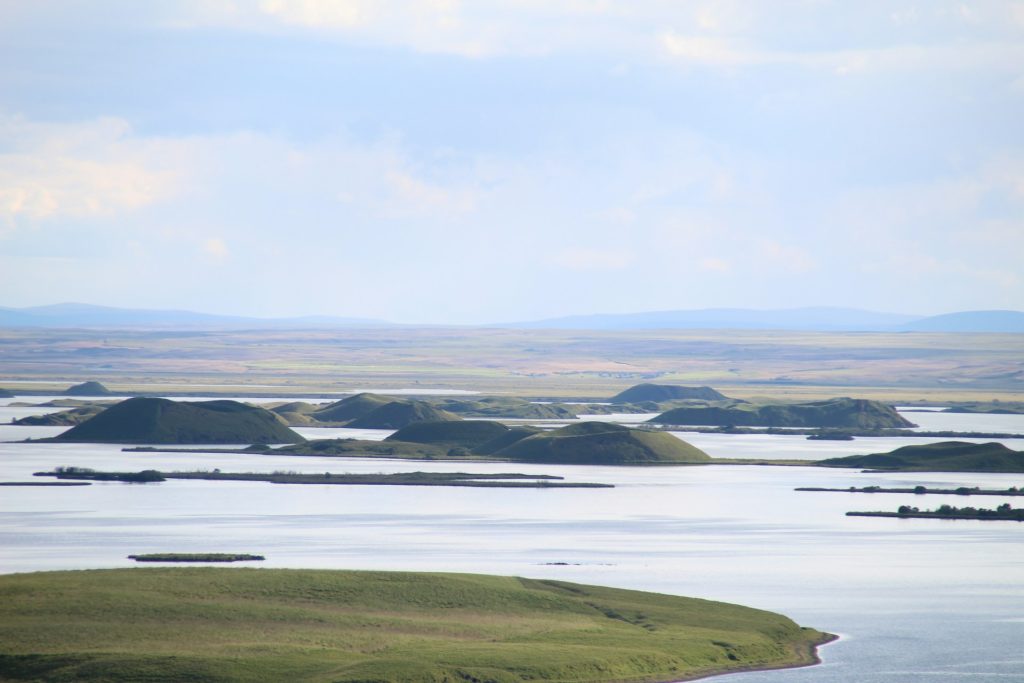
Saltwater Fishing
Iceland’s coastal waters are abundant with various saltwater fish, supported by the nutrient-rich environment created by the convergence of Arctic and Gulf Stream waters. Key species include:
- Atlantic Cod: A staple of the Icelandic diet and economy for centuries, cod is abundant and highly valued for its nutritional benefits.
- Haddock: Known for its delicate flavor, haddock is another vital species supporting Iceland’s fishing industry.
- Mackerel: Increasingly important due to its migration patterns, mackerel adds diversity to the catch available in Icelandic waters.
- Atlantic Halibut: Prized for its size and quality, halibut is a sought-after species for both commercial and recreational fishermen.
Sea Angling
Sea angling in Iceland offers an adventurous experience for fishing enthusiasts. The coastal areas are perfect for catching a variety of saltwater species, and the scenic beauty of the Icelandic coastline adds to the charm of this activity.
- Reykjavik’s Old Harbour: A popular location for sea-angling, Reykjavik’s Old Harbour allows anglers to catch a variety of fish right from the city. The harbour is also a great starting point for boat tours, offering deeper sea fishing experiences and opportunities to catch larger fish species, as well as enjoy whale watching.
- Various coastal villages: Many coastal communities offer unique saltwater fishing experiences, often accompanied by stunning natural scenery and opportunities for whale watching
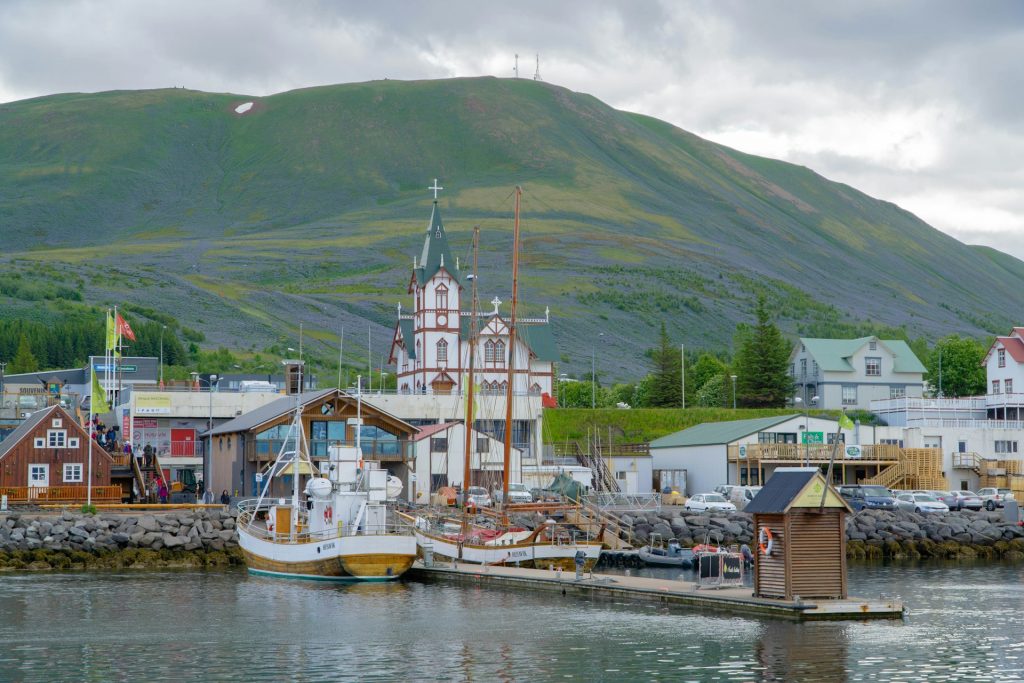
Best Times and Locations for Fishing
The optimal fishing times in Iceland vary depending on the type of fish and the fishing location. Understanding these timings can significantly enhance your fishing experience, ensuring you visit the right spots at the right time.
- Salmon Fishing: Salmon fishing in Iceland is at its peak from June to September. During these months, the rivers are teeming with Atlantic salmon, providing an exciting challenge for anglers. Specific permits are required for salmon fishing, and it’s crucial to adhere to local regulations to maintain sustainable fishing practices
- Trout Fishing and Char fishing : Peak season is from April to September in lakes and rivers. These species thrive in the clear, cold waters of Iceland’s freshwater systems.
Fly Fishing in Iceland
Fly fishing in Iceland is a complete experience that combines the thrill of the catch with the serene beauty of the landscape. The best times for fly fishing are from late May to early October. Iceland’s rivers and lakes, known for their crystal-clear waters, provide ideal conditions for catching species such as Atlantic salmon, brown trout, and Arctic char. The stunning backdrops of volcanic mountains and geothermal springs add to the allure of this sport.
Choosing the Right Fly Fishing Equipment
- Rods and Reels: A 9-foot rod for 5-7 weight lines is recommended for trout and char, while a stronger 9 to 10-footer for 7-9 weight lines may be required for Atlantic salmon.
- Clothing: Due to Iceland’s unpredictable weather, waterproof jackets, waders, and warm clothing are essential.
- Flies: A diverse selection of flies, including both traditional Icelandic patterns and well-known international ones, is crucial to accommodate varying weather conditions and water clarity
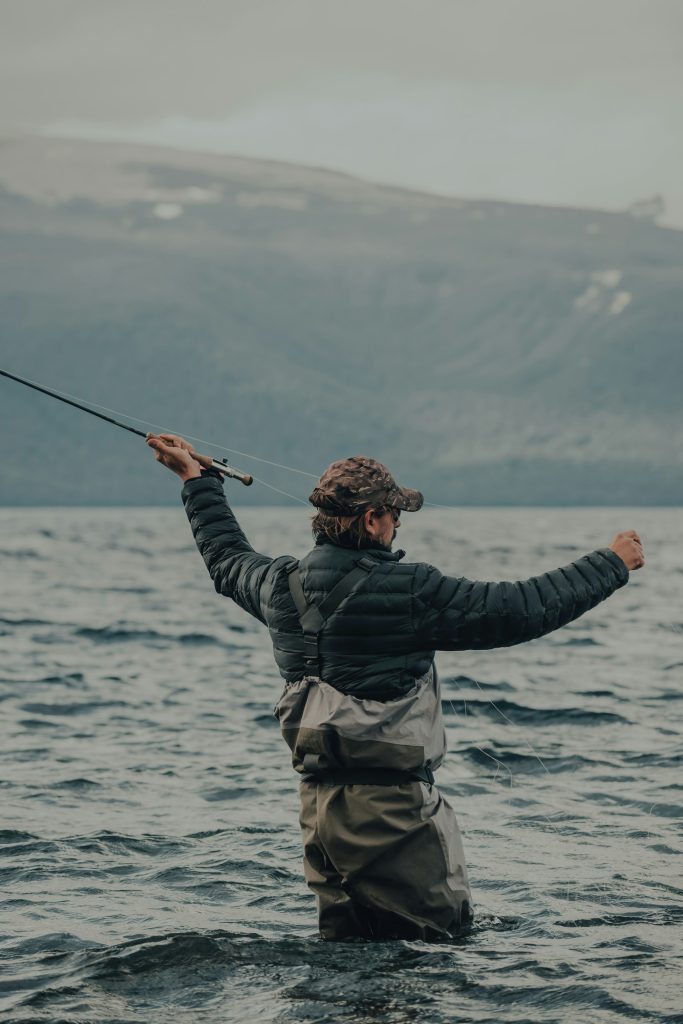
Fishing Regulations and Permits
Fishing in Iceland is heavily regulated to protect its delicate ecosystems. Anglers must acquire fishing licenses (veiðileyfi) for each river or lake they intend to fish in. These licenses are limited in number and are typically sold on a daily basis. Regulations may include catch-and-release policies, limitations on the number of fish that can be caught, and specific requirements for the type of equipment and bait that can be used.
Important Regulations
- Fishing is allowed from 7 AM to sundown.
- Net fishing for salmon is only legal on Tuesdays, Wednesdays, Thursdays, and Fridays.
- Salmon fishing is primarily restricted to freshwater rivers from June to September.
- All fishing equipment must be sterilized before use to prevent contamination.
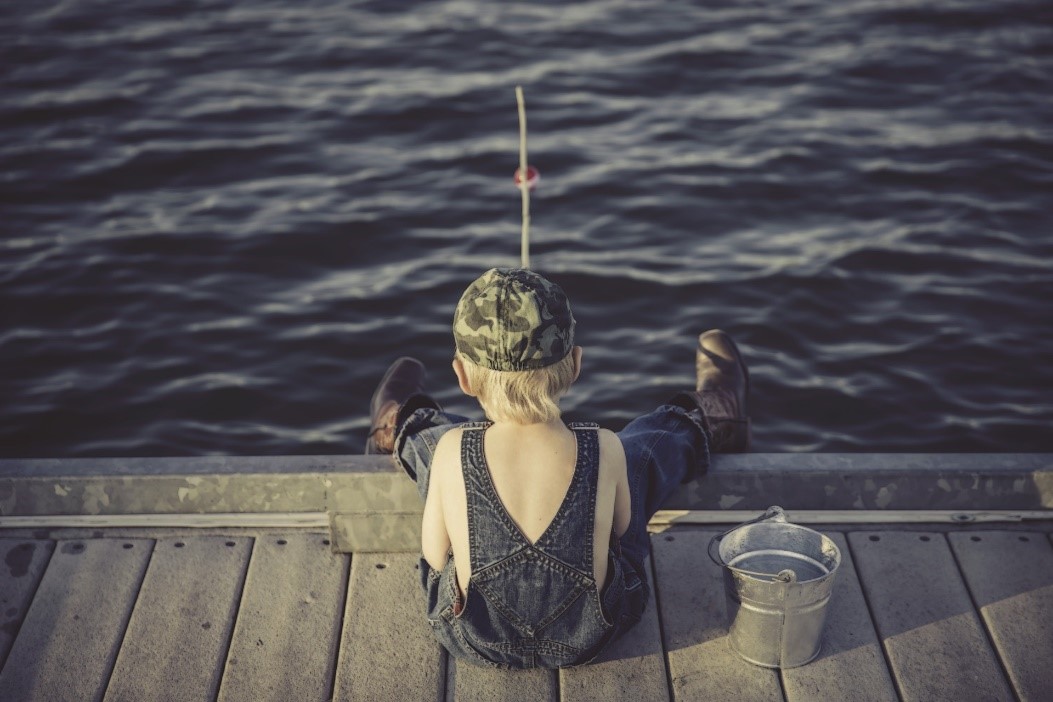
Why Choose Firefly Iceland Car Rental
For your fishing adventure in Iceland, having reliable transportation is crucial. Iceland’s unique geography and diverse fishing locations make having a car highly advantageous. Firefly Iceland offers budget-friendly rental options, ensuring you have a comfortable and convenient mode of transport to reach various fishing destinations.
Whether you’re heading to the highlands for lake fishing or the coast for sea angling, a dependable car rental can make your trip seamless. Trust Firefly Iceland for a hassle-free experience, allowing you to focus on the fishing adventure ahead.
Recommended Cars for Fishing Trips in Iceland
SUVs
- Advantages: Ideal for reaching remote fishing spots and handling Iceland’s rugged terrain. 4wd SUVs offer higher ground clearance, making them suitable for navigating unpaved roads and rough landscapes often found near the best fishing locations.
- Road Conditions: Iceland’s weather can be unpredictable, with frequent changes that can make roads challenging. SUVs provide the stability and durability needed to handle such conditions, ensuring a safe journey to and from fishing sites.
Compact Cars
- Advantages: Suitable for shorter trips and easier navigation through small coastal villages. Compact cars are fuel-efficient and easier to park, making them ideal for exploring towns and accessing fishing spots near urban areas.
- Weather Conditions: While compact cars are not as robust as SUVs, they are perfectly adequate for driving on well-maintained roads, which are common around Iceland’s popular fishing spots.
Book with Firefly Iceland to ensure you have the right vehicle for your needs, making your fishing trip enjoyable and stress-free. Having a car provides the flexibility to explore various fishing locations at your own pace, enhancing your overall experience in this beautiful country.
Embrace the fishing adventure in Iceland, a land rich with diverse fish species and breathtaking landscapes. Follow regulations, respect nature, and enjoy the unique blend of sport and tranquility that fishing in Iceland offers.
